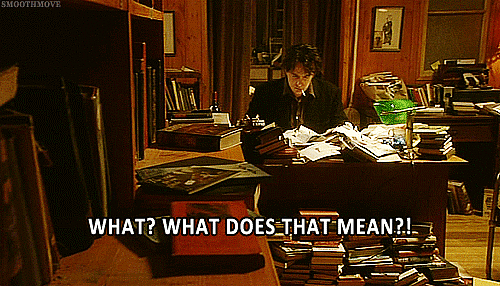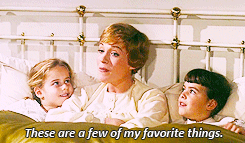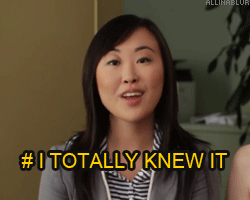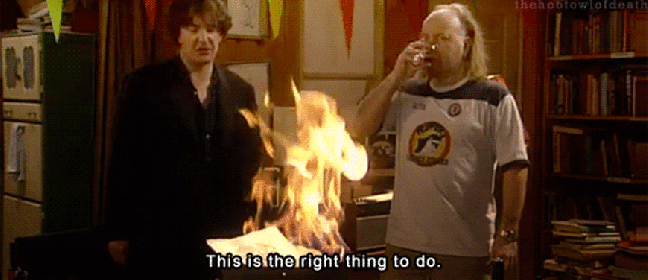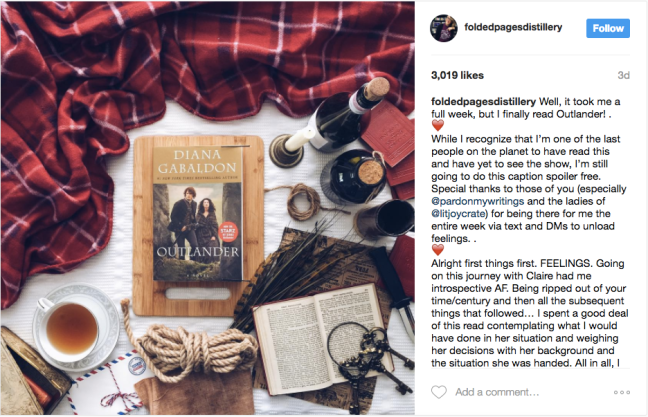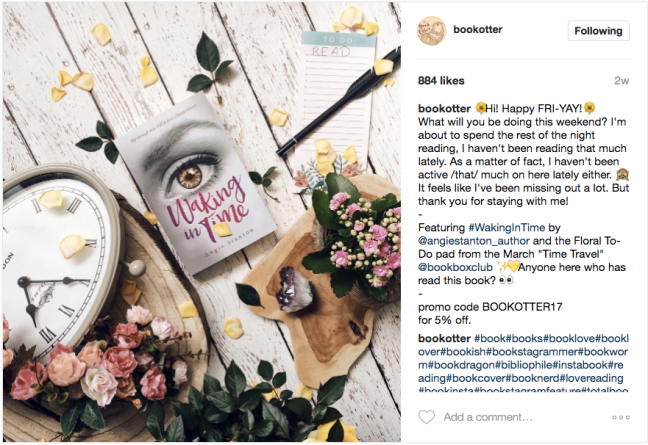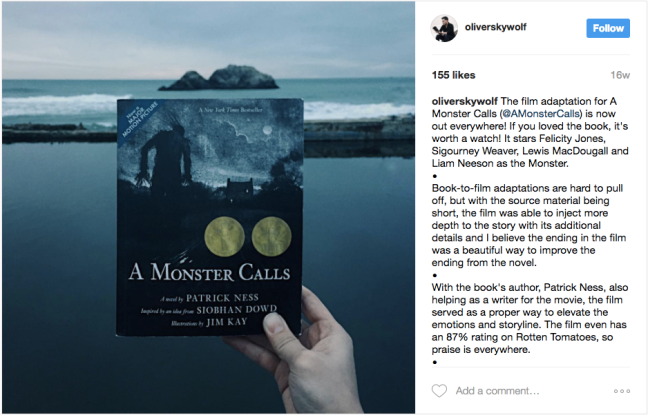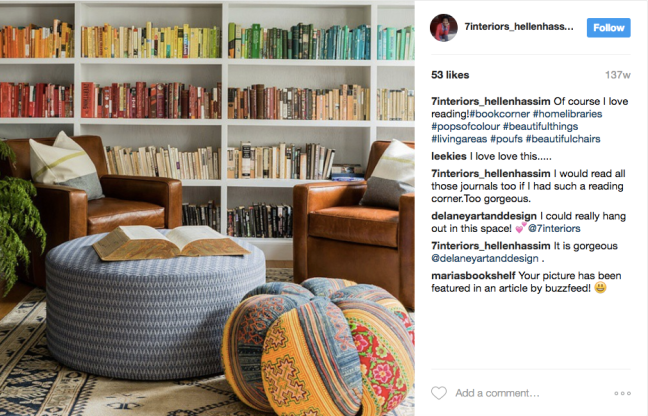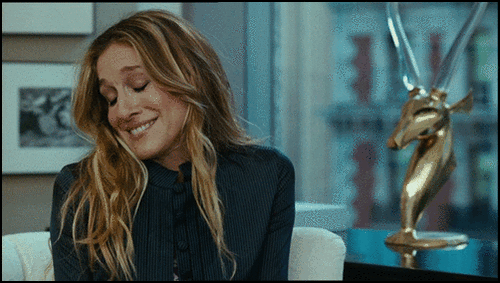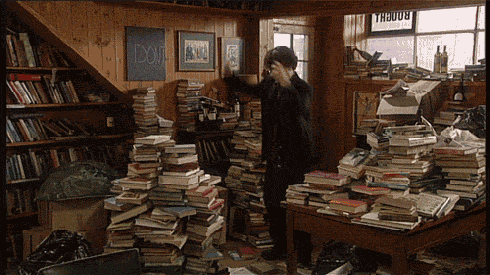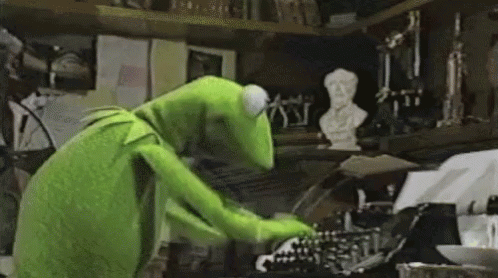Time management – those two little words imbued with so many expectations and strategies, plans, pressures and goals. Sometimes the words seem to haunt me with their wide, ever-gazing eyes, checking my every thought for its relevance and potential for procrastination.
For many the words come with a sense of hemming in, and a pressure that isn’t always conducive to the most creative, or the best work. But we all have to work to deadlines, the publishing industry simply couldn’t function without them. We all have time to manage.
So what can we do to use deadlines to our advantage, and treat time management as a learnable skill, so that everything is done well, and done on time?
Thinking about the various commitments on my plate right now, I’ve realised that my internship with Odyssey has really made me polish up on my own time management. I have set work to do, but there’s no given time or place. There isn’t an office I go to, or hours I have to be there, I simply need to get the work done when and where I can. This flexibility makes my time management all the more important.
Don’t get me wrong, the flexibility is wonderful. It means I can work the internship around my PhD, and my job. My PhD is about 40 hours a week, my job 5-10 and Odyssey about the same.
I’m also dedicated to the idea of time off. But sometimes that feels entirely impossible.
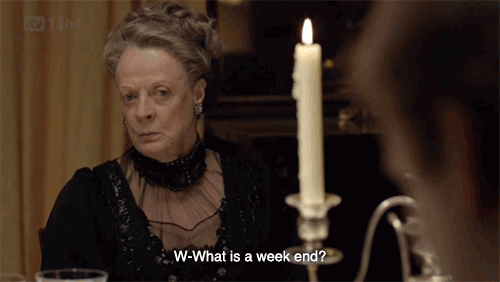
Sometimes people ask me how I juggle these roles at the same time, and to be honest at times it feels like every task is struggling for my attention at once. But gradually I’ve gotten better at managing my time in a way that means I can get things done but also have the odd day off now and then too.
I thought about all the things I’ve leant since I started with Odyssey and decided I would lay out the top 6 things I’ve figured out about time management during my internship, so here goes.
1. Always have a plan
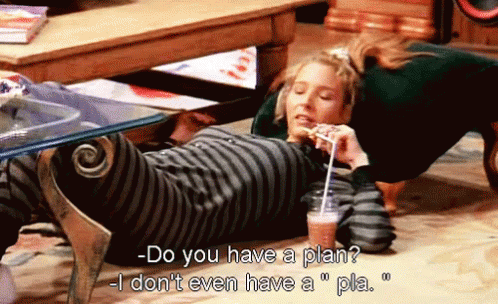
Or at the very least a “pla.” It can be a shoddy, slap-dash, “imma just get it done” pla/n, but I’ve learnt to always have one. Sometimes mine are very ad hoc, and even just a list of things I need to do, in an order that makes sense to me. Sometimes they are uber detailed affairs, with specific days and time slots. Knowing that I have a strategy laid out seems to relieve some of the weight of the tasks themselves. It’s like the fact that I can stop thinking about how I’m going to do the work means I can just go ahead and do it. Without having this plan in place before, I simply don’t know how to start, and when it’s done suddenly everything seems much more achievable.
2. Don’t be afraid to change the plan
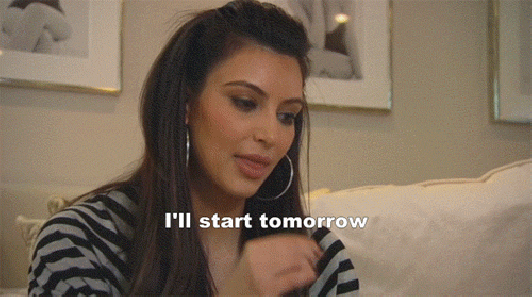
Having said this, the plan is meant to be aiding you, not binding you. If the plan isn’t working, or worse making your more stressed and stretched out, ditch it, and figure out a new one. (Hint: unfortunately starting tomorrow can’t always be your plan.)
3. Do the most urgent/difficult things first
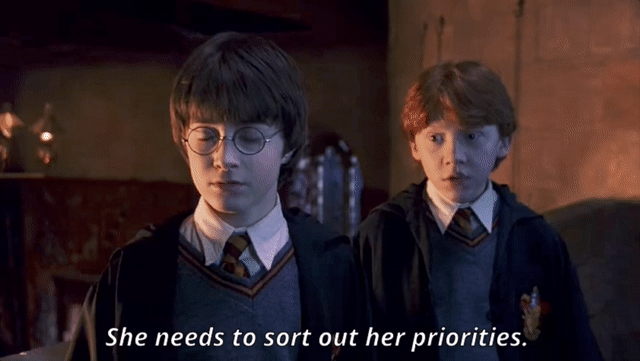
If you’re doing the urgent and difficult tasks first, you’re much more able give them a good shot and then get them out of the way, leaving you to forget about the deadlines they left looming over your head. While this seems pretty obvious, sometimes it’s really hard not to do the task you enjoy most, or the quickest/easiest job. But in my experience that approach often means it takes even longer, because if you’re anything like me you string out the best part and never get to everything else. Plus, if you do the hardest thing first, then you have the easy stuff to look forward to. Mum was right, dinner before dessert. Although, if the easiest thing is the most urgent then, well, rules were meant to be broken and you better eat the cake.
4. Factor in how you need to approach each task
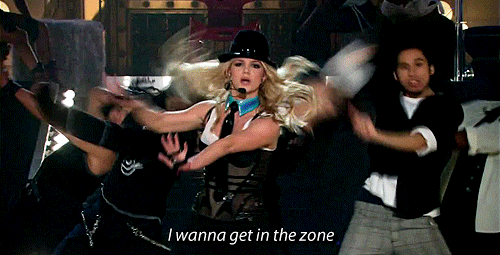
For me, certain times of the day, and the resulting frame of mind, affect how I approach my work, and how well I can work. For example, I know I can write creatively late at night, but not analytically; I know I can edit early in the morning, but not in the evening; and I know being somewhere noisy/crowded is okay for editing, but not always for writing. Planning the work you’re going to do around where you’ll be, what frame of mind you’ll be in, what time of day it is, will help you to achieve things in the way your brain works best. The way you work is entirely individual to you, and your approach should be similarly so. It’s worth thinking about that first, rather than trudging through tasks when you’re really not in the zone to deal with them. For larger tasks, with lots of different elements, it’s great to break these up into smaller chunks that you can deal with at the right time and in the right zone. I’ve learnt to cater the work to suit me and my mood.
5. Know when you’ve hit the wall

There’s always a point each of us reaches, when you’ve simply hit a dead end. It might be too late, or too early, or you’re just too exhausted, or confused. But when you’ve hit that brick wall, there’s no use bashing your head against it. So sometimes it’s a great use of your time to take a damn break! Go outside, get some air, have a rest and then come back to it, because when you do, you’ll have a new cognitive sledgehammer at the ready and it will make much quicker work than just using your skull.
6. Finally, don’t let the imaginary weight of your work get to you
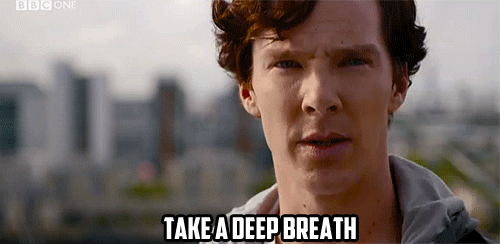
If you’ve got a plan and you’ve managed your time well, you only have to think about one thing at a time, get that thing done and you can tick it off. Only then can you think about the next one. I find that thinking about everything at once makes the whole list seem completely unachievable and my time is wasted worrying, not working. So take little nibbles, not big bites. Thinking about the bigger picture can be a great thing, but in these sorts of situations I find that it only makes me more anxious and less productive. Scale it down and just think about the job in front of you. Everything else can wait, because those jobs have their allocated time and it’s not now.
So I guess the real moral of this list is that you’re the boss of your work, not the other way round.
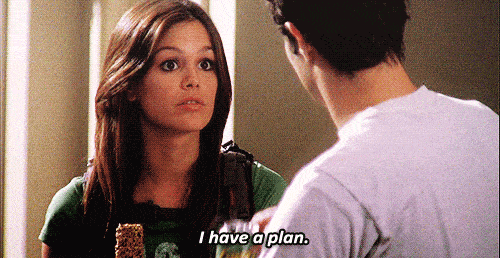
Attagirl!












